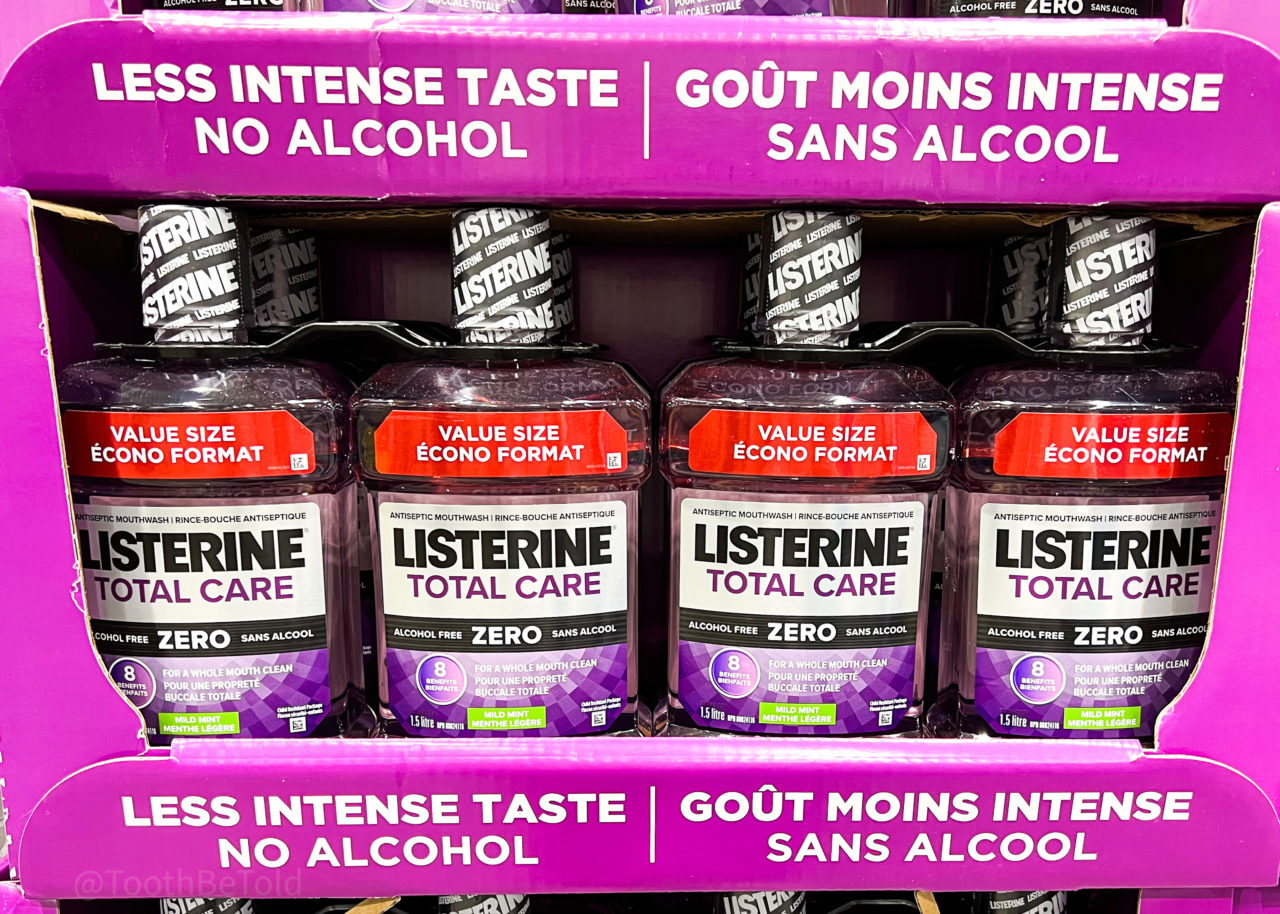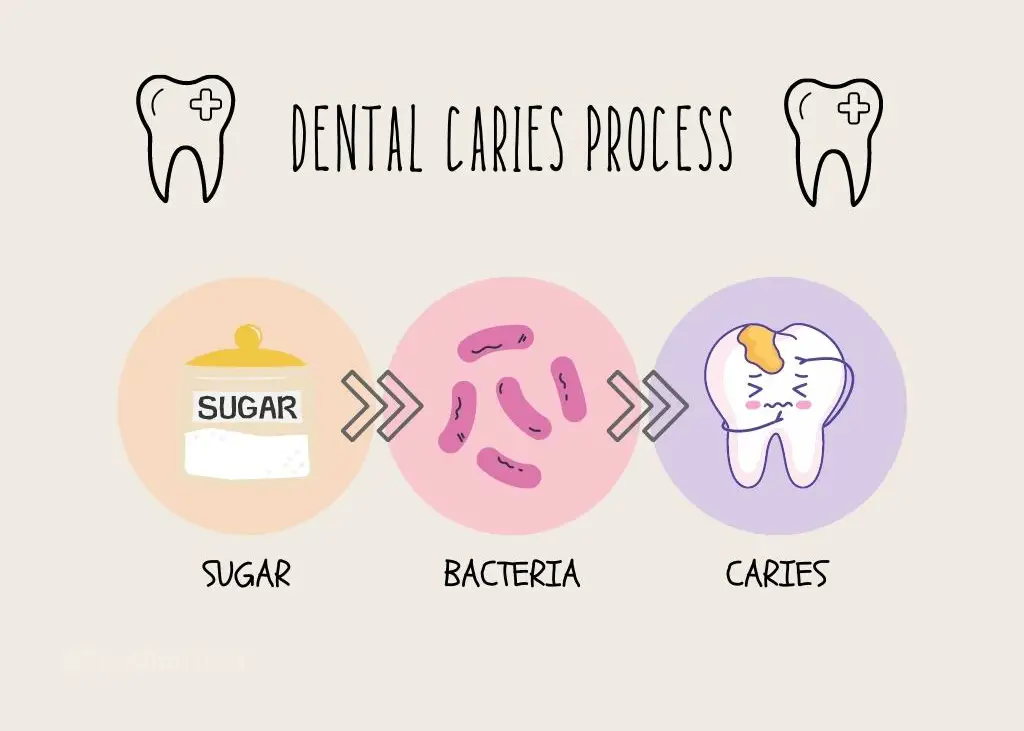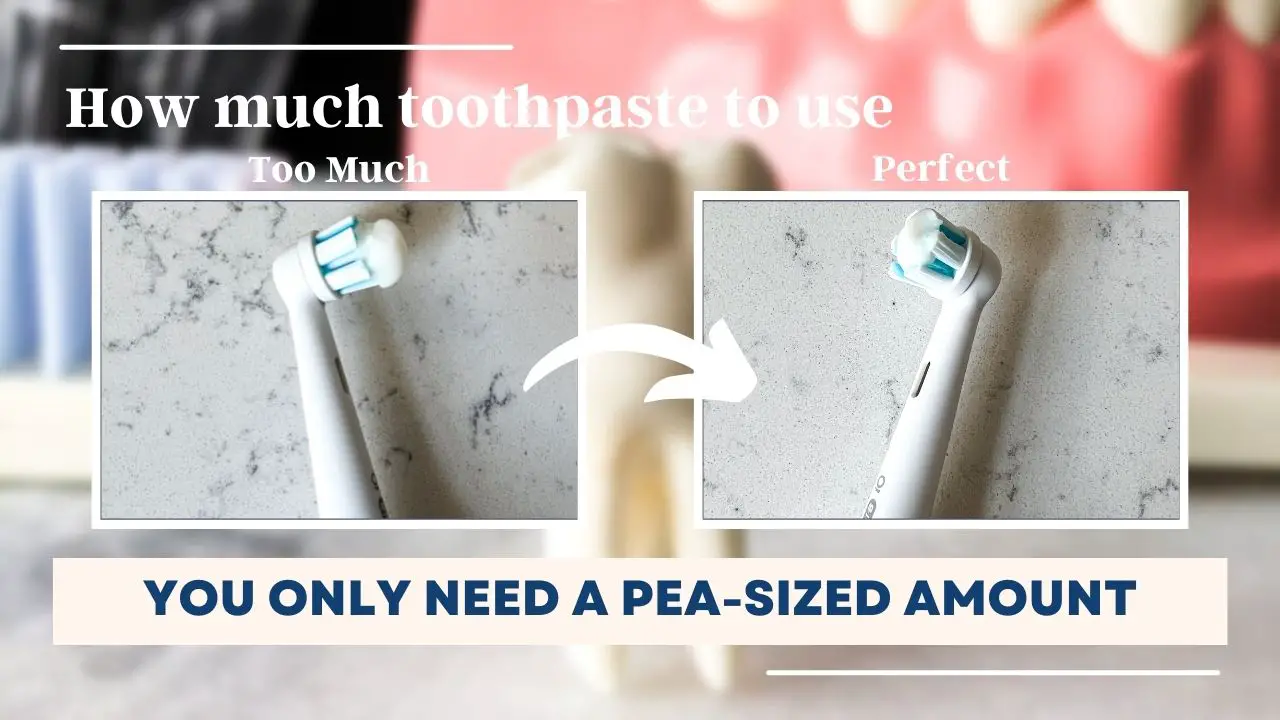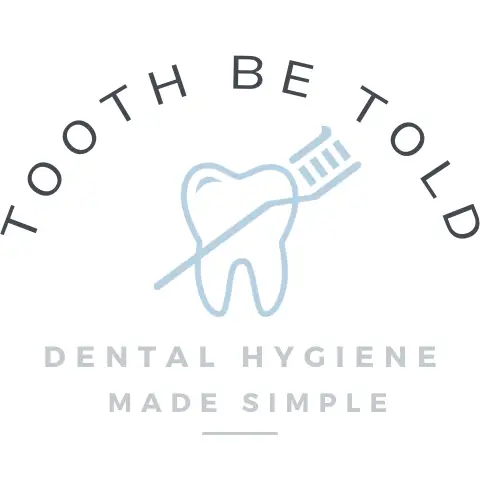When my patients come to see me, a part of their visit includes my asking them about their oral hygiene routine. I get the odd patient who tells me they use mouthwash every time they brush, and I always ask them if they are using it before or after brushing.
Mouthwash should never be used after brushing because it will rinse away the active ingredients in the toothpaste that continue to protect your teeth after brushing. Most mouthwashes are more acidic, decreasing the mouth’s pH and killing off good bacteria in conjunction with the bad.

In this post, I go over why the order in which oral hygiene routines are done makes a difference, especially concerning tooth decay prevention. I also touch on why I, as a dental hygienist, rarely use mouthwash, and if you have diabetes, why studies show mouthwash shouldn’t be used at all.
If you are going to use mouthwash, do not use it after brushing
Many years ago, it was common practice to advise our patients to use mouthwash after brushing. The theory was that it would finish off the job, killing most of the bacteria we missed through flossing and brushing, and now that everything in the mouth was clean, mouthwash would be more effective.
But today, countless research studies have been conducted that contradict what we were recommending to patients.
Rinsing after brushing removes the active ingredient in the toothpaste, making it ineffective. Fluoride, potassium nitrate, and other ingredients help protect the teeth from cavities, tooth sensitivity and acid erosion. And rinsing away this layer on the teeth will increase the risk of these conditions.
But what if the mouthwash contains fluoride? The fluoride levels in the mouthwash are much lower than in toothpaste. And because of the liquid nature, our saliva will rinse it away even more quickly than the toothpaste layer.
If you want to use mouthwash, I advise my patients to use it separately from brushing, for example, during the middle of the day. Or, use it in between flossing and brushing.
But there is evidence that mouthwash is not a good product to use all the time. And using it regularly can be detrimental to your whole body’s health. I cover this below, supported by evidence-based studies/articles.
Is mouthwash necessary? Why as a dental hygienist, I avoid mouthwash
Mouthwash marketing has been so strong for years, making us think we need to use it and making us believe all bacteria in the mouth are harmful.
Using mouthwash kills both good and bad bacteria in our mouths. Not all bacteria are harmful; we need certain bacteria to aid metabolic functions and other human body needs.
More and more studies are changing the way we dental professionals approach the use of mouthwash with our patients.
It sickens me, though, that many dental professionals are not paying attention to the emerging evidence-based science that shows the detrimental effects of mouthwash on our mouths and bodies.
The advice that is still being dispersed by a large portion of dental professionals is out of date and, frankly, a disservice to the patients.
Mouthwash kills bacteria that make essential nitric oxide; plays a role in diabetes development
We have bacteria in our mouths responsible for breaking down and converting nitrates to nitric oxide. Nitric oxide is a messenger molecule that plays a significant role in vasodilation, immune system, and metabolic functions. Source 1 , Source2
, Source2
Nitric oxide is different to nitrous oxide which is used for sedation.
When mouthwash is used regularly, enough bacteria is destroyed that there are not enough nitrates being converted to nitric oxide. Over time, this can lead to an increased risk of developing pre-diabetes and diabetes.
Frequent regular use of over-the-counter mouthwash was associated with increased risk of developing pre-diabetes/diabetes in this population.
https://www.sciencedirect.com/science/article/abs/pii/S1089860317301532?via%3Dihub
Mouthwash does not penetrate under the gumline far enough to be effective
Mouthwash only penetrates a maximum of 1 mm under the gumline.
If someone has chronic bad breath (and not just from eating garlic), the smell is usually coming from periodontal disease (a form of gum disease). Periodontal disease is when the body’s immune system starts to react to too much bacteria, which results in bone loss and gum loss and is linked to many other health conditions.
Read Now: Can Bone Loss in the Jaw Be Reversed? Hygienist Explains.
In patients who have periodontal disease, the space between their gums can measure from 4-12 mm in some areas. Mouthwash will never penetrate that deep underneath the gum line, and will not treat the source of infection/periodontal disease.
Some people will chronically use mouthwash to cover up their chronic bad breath, but it is just that; a cover-up.
The bad breath needs to be prevented and treated at the source. If you are experiencing chronic bad breath, you should see a dental professional as soon as possible. You need a full assessment to determine the cause, and if periodontal disease is present, you need to seek professional dental treatment.
Read Now: How Dental Hygienists Clean Teeth! What You Need to Know!
Mouthwash does not replace flossing and brushing and will not cure bad breath
The bacteria on the teeth is extremely sticky. I always explain to my patients that the bacteria on the teeth need to be mechanically/physically removed by friction with floss and a toothbrush.
I use this example when explaining to my patients; If you have a dirty plate that has wet egg yolk dried and encrusted on it, it cannot just be rinsed off with water. That egg yolk is like cement on the plate!
You can’t just rinse dried egg yolk off a plate. The water will run right over it.
Not brushing and flossing and only using mouthwash are exactly the same. It will not take off the plaque in your mouth and will just rinse right over it, barely doing anything.
Bacteria and food debris like to clump together, stick to the tooth surface, and migrate to the space between the gum and tooth, and if not disrupted within two days, gum disease can start, and cavities can begin to form.
Flossing covers 35% of the tooth surface that is missed if you are brushing alone.

How to prevent tooth decay: do not use mouthwash after brushing
If I have a patient who suffers from tooth decay regularly, I make a point to tell my patients not to use mouthwash around the time they floss and brush.
The best oral hygiene routine to prevent tooth decay is to floss first and then brush with fluoridated toothpaste or nano-hydroxyapatite toothpaste for 2 minutes. Once brushing is complete, DO NOT rinse your mouth out with water or mouthwash. Just spit out the excess toothpaste and wait at least 30 minutes to consume food or drink.
You only need to brush with a pea-sized amount of toothpaste, as seen in the image below.

What is the best time to use mouthwash to prevent cavities?
After I explain the pros and cons of mouthwash to my patient, they sometimes say that they want to keep using it because they love the taste and the way it makes their mouth feel.
And I explain to them that if they want to use mouthwash, to use it separately from flossing and brushing and to reduce the number of times a week they use it to only a couple of times per week.
Using fluoridated mouthwash in the middle of the day can help prevent tooth decay. This is only recommended if patients have chronic tooth decay issues and have professionally applied fluoride treatments regularly, and are not rinsing/eating/drinking for 30 minutes post toothbrushing.
Again, I only recommend fluoridated mouthwash for patients already doing everything possible to prevent tooth decay. However, if my patients continually have tooth decay, custom fluoride trays are the best course of action and may be the better choice to use than fluoride mouthwash during the day.
I hope this information has helped you find what you are looking for!
Holly 🙂
